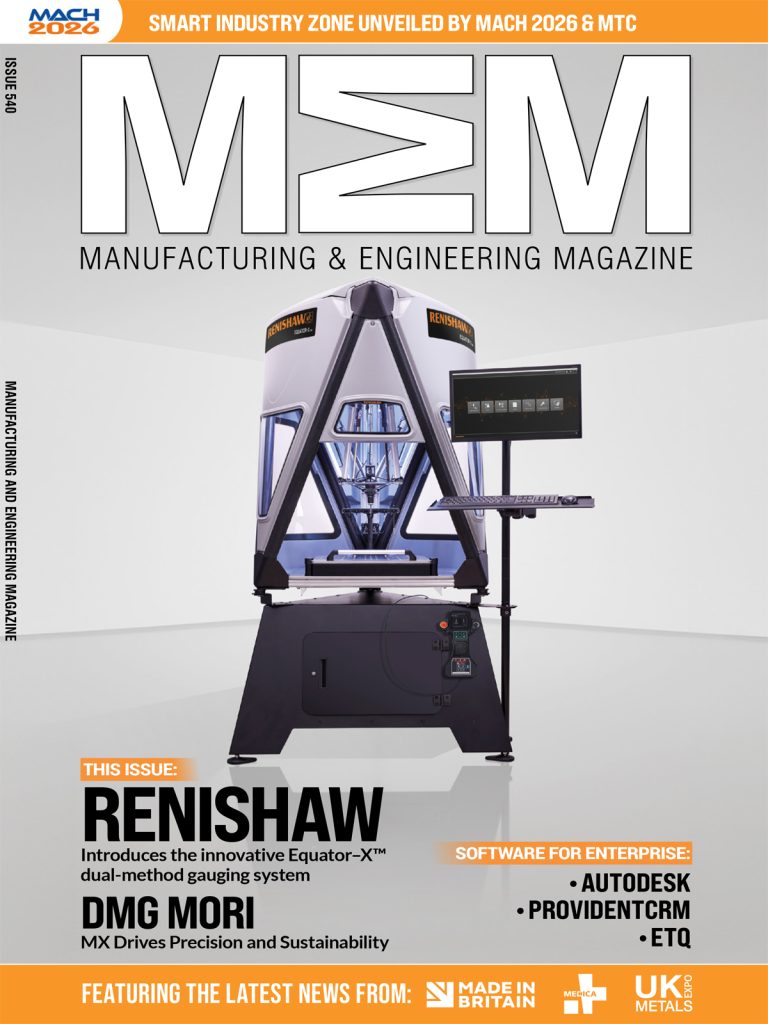We’ve been worried about the shortage of skilled workers for decades, but the problem is only getting worse; and Mike Newby, Account Director at Energy PR, shares his perspective…
When I first started my career in PR back in 2011, I remember creating a big internal document for a major UK construction company that analysed all of the industry issues and suggested a point of view it could have on each of them.
Naturally, in 2023, all of the issues in that document would be ludicrously out of date, except for one. The skills crisis.
It’s no secret that UK PLC is suffering from a chronic shortage of skilled workers. But I do wonder if the scale of the problem is truly understood.
As a specialist consultant in B2B communications, working particularly with technical clients in global foundational industries, I get a unique breadth of insight into the opinions and concerns of decision-makers and thought-leaders in the companies and organisations that keep the planet spinning.
With that level of insight over 11 years, one thing has become abundantly clear. Every foundational industry in every corner of the world is struggling to attract, train up and keep the next generation of workers, and their ability to resource effectively has been gradually worsening over decades.
It’s not like the issue is being ignored though. In my role, I naturally keep abreast of the evolving narratives in various trade media, and I attend a fair few international trade shows. Every year I’m seeing more and more “30 Under 30”, “40 Under 40”, and even “43 Under 43” style initiatives. Thankfully, the number of awards honouring women in these various industries is growing too.
Celebrating the few young people and the few women that are working in these typically pale-male-stale industries (said in full acknowledgement of my own pale maleness) is a brilliant first step. But it is only a first step, we actually need to go a lot further.
I wonder how many of you can relate to this: when you meet someone in your personal life for the first time, they ask what you do, you say you work in tank storage / breakbulk / energy infrastructure / whatever foundational industry you can think of that’s absolutely vital to modern life, and they look at you like you’re speaking in tongues.
How much explaining do you have to do when someone outside the industry asks about your career? In contrast, how much explaining do you think fire fighters have to do when they’re asked the same question?
I’m being facetious, but it’s a shocking reality that the average person has a comparatively decent idea of what an astrophysicist does on a day-to-day basis but doesn’t know the tank storage industry even exists.
This fundamental lack of awareness is the root cause of the skills crisis.
Then there’s the optics. The rare young person who has heard of tank storage could be forgiven for thinking it’s an evil industry, keeping oil alive despite the climate crisis. As such, they may well pass up the opportunity to play a direct and critical role in transitioning the world to future fuels.
Both of these issues – fundamental awareness and reputation – are matters of PR.
Why bother tackling the skills crisis, though, when necessity is the mother of invention? Digitisation and automation will, of course, ease some pressure on under-resourced sectors. But it’s a crutch that will help us to limp on, not a cure.
Attracting a diverse new generation of skilled workers is more than just a resourcing issue. All foundational industries are going through enormous upheaval, in the attempt to transition to net zero. When faced with existential changes like this, it’s the companies that embrace new generational priorities and new perspectives which keep the momentum up and find innovative solutions to the problems that inevitably crop up.
So, all foundational industries need to start raising their profile among the general public. Big companies and trade bodies must start working much more with the education system to make young people aware of the opportunities, from primary school all the way up to university age. Individual businesses need to take affirmative action for the sake of diversity, and everyone needs to get campaigning!
Manufacturing & Engineering Magazine | The Home of Manufacturing Industry News















